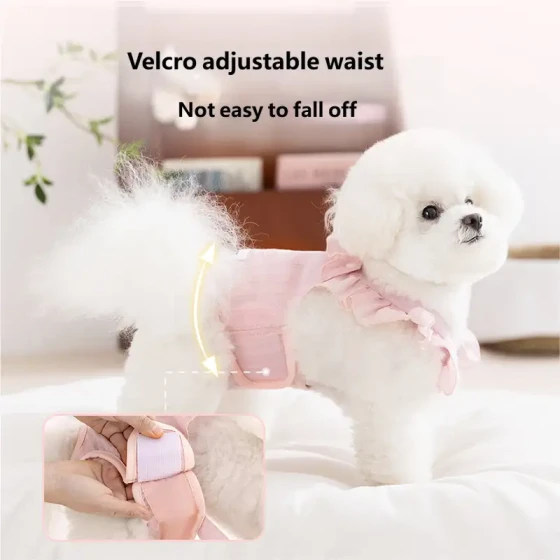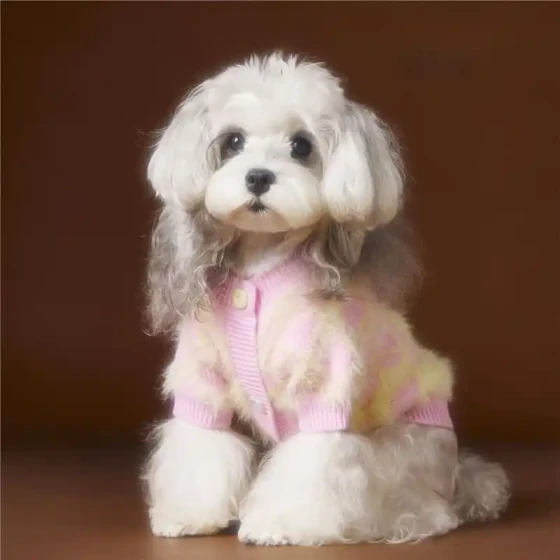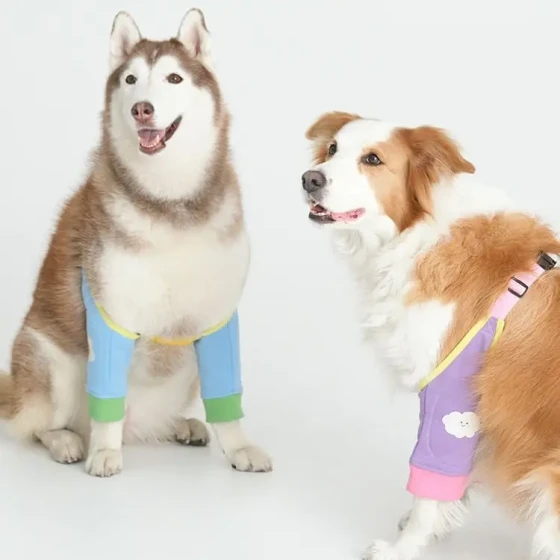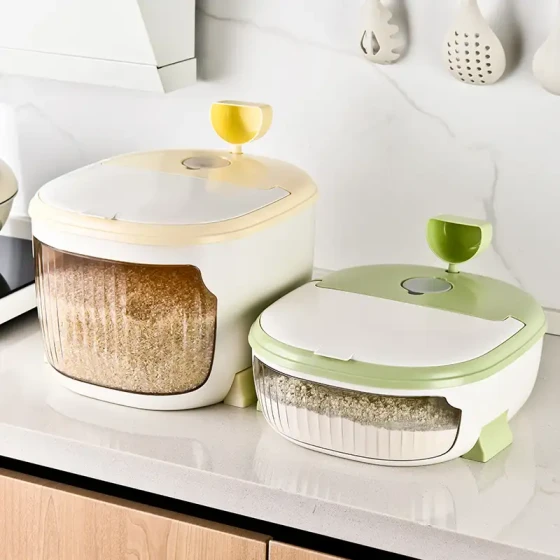How to Properly Manage Huskies Before and After Pregnancy
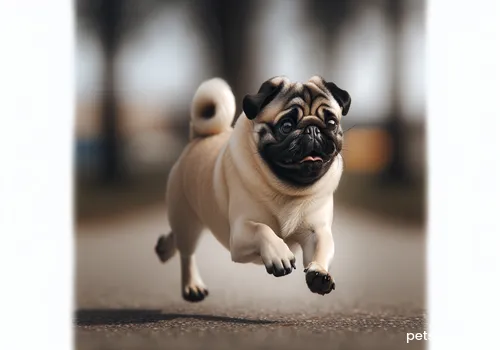
Appropriate exercise should still be done for the pregnant female dog
The pregnancy duration of dogs is not as long as the common saying "cat for three months, dog for four months." A female dog's gestation period is not that long. Usually, a dog may give birth after about 60 days, so don't be misled by such incorrect information. For the health of the mother dog and puppies, the owner must properly manage the care before and after the dog's pregnancy to avoid miscarriage caused by incorrect care.
1. Prepartum Care
First, prepare a delivery room for the husky, usually a large box will do. It should be lined with clean, dry, and soft materials. While the husky is awaiting birth, it is best to regularly clean the dog's mammary glands and then dry them to prevent diarrhea in the puppies caused by unsanitary conditions during nursing, as well as to provide some stimulation. Before labor, the dog's entire body should be disinfected, especially the hips, vulva, and mammary glands.
During the period before delivery, pay attention to the diet, appropriately increasing the protein content in the dog food to ensure the development of the mammary glands and lactation after birth. Of course, moderation is very important. Excess protein can cause excessive milk production initially postpartum, leading to mastitis and diarrhea in puppies. Also, do not feed the husky very dry food as it can cause postpartum constipation.

Do appropriate cleaning
2. During Delivery
Within two to three hours before delivery, green mucus is often secreted due to the placenta beginning to separate. The newborn puppies are wrapped in the placenta membrane; the adult dog will tear the placenta open and eat it. It is said that the nutrients in the placenta help with milk production, but eating too much can cause heat and diarrhea. If the adult dog does not know to bite through the placenta, the owner needs to help. It is best to open from the puppy's back and tear forward, then immediately use dry cotton or a towel to rub the puppy's back until you hear the puppy cry. Then listen to the puppy's breathing with your ear. If both are present, there is no problem. At this time, the umbilical cord is still connected to the placenta and the adult dog should bite it off while eating the placenta, or the owner can break it off with their fingernail. Do not cut it with scissors as the smooth cutting surface is not good. Use a prepared fine string to tie off about 1 cm from the puppy's belly. Be sure to tie it tightly—not to be soft or loose. The reason is simple: after tying tightly, the cord will gradually necrotize and fall off in 3-4 days. If tied loosely or not tied, the umbilical cord can cause umbilical hernia and other issues. Then apply iodine-soaked cotton to the wound. Finally, dry the puppy and place it in a nesting box lined with adult diapers.

Postpartum nursing should be well managed
3. Postpartum Care
After birth, make sure the mother dog licks the puppies' anuses to help them eliminate waste. If the mother dog does not lick, induce her to do so. If the puppies cannot excrete within 1-2 days, they will suffocate. The mother dog may become very aggressive protecting the puppies. A recently delivered mother dog should rest quietly, and strangers must not approach to avoid disturbing her, which could cause the mother dog to become nervous and possibly bite or swallow the puppies.
The mother dog usually does not eat immediately after delivery. You can first feed glucose water, then after 5-6 hours give some eggs, and after 24 hours start regular feeding. It is best to feed food that is palatable and easy to digest at this time. For the first few days, give nutrient-rich porridge-like feed or meat porridge in small frequent meals, then gradually transition to drier feed after a week.
Pay close attention to the mother's nursing. If she does not feed the puppies, check whether it is due to insufficient milk or illness and take timely measures. If the mother really has low milk production, do not force her to nurse. Some husky mothers have poor maternal instincts and are unwilling to care for puppies; they must be strictly disciplined and forced to feed the puppies. Some puppies may not nurse due to lacking the mother's scent; rubbing the puppies with the mother dog's urine can help to some extent.
